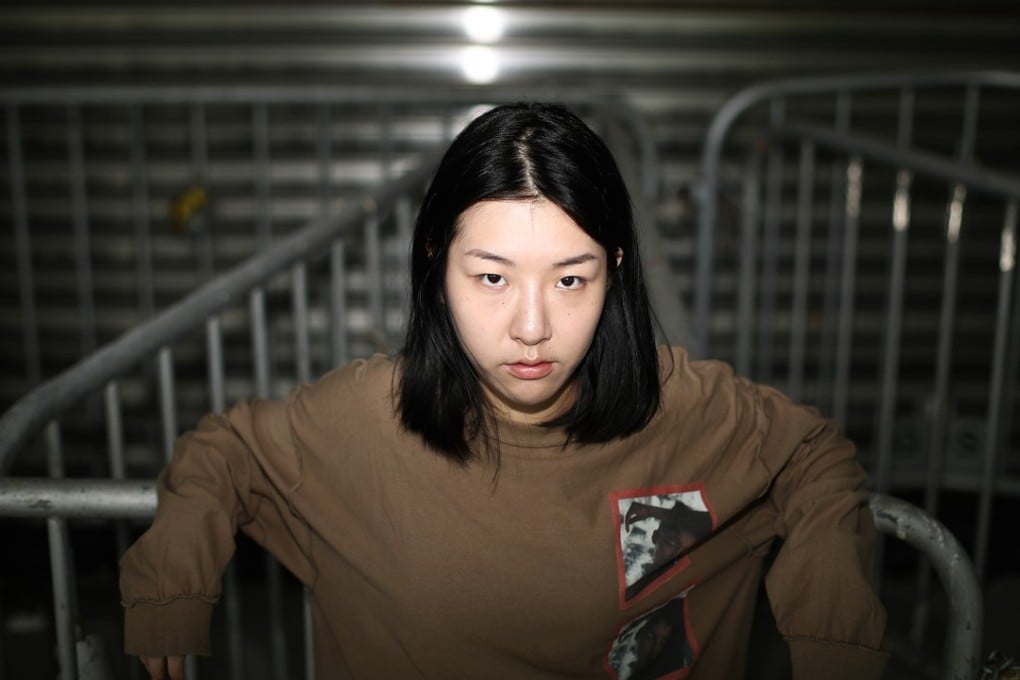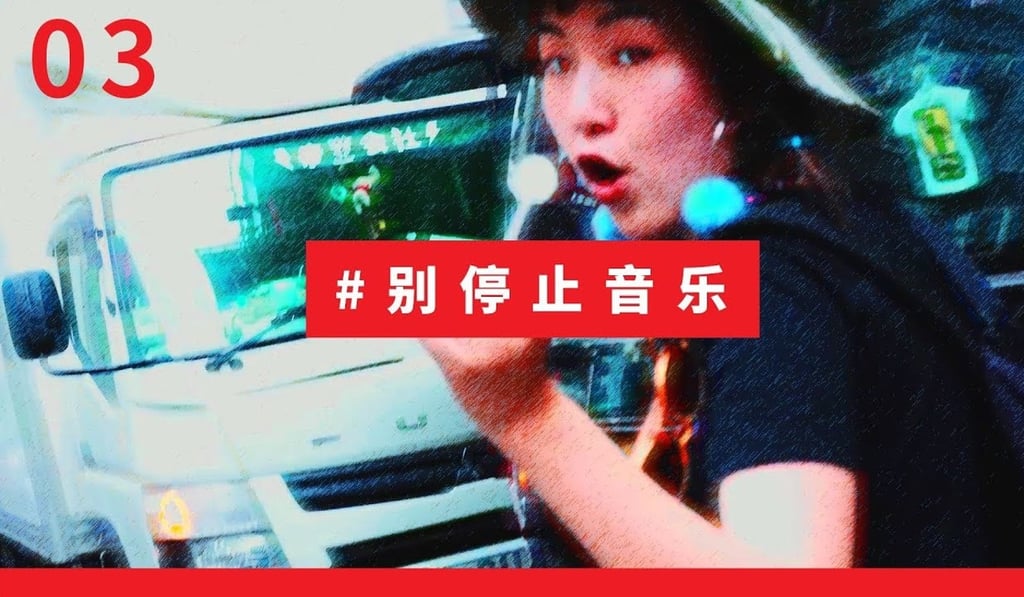Hong Kong rapper Fotan Laiki redefines success online as she uses music to ‘hold up mirror’ to the rigid society
She’s 22, didn’t go to university, and doesn’t have a full-time job, but the rising trap star embodies the anger of many young Hongkongers through her bold raps and raw music videos

“Adults think that I’m wasting my time and not achieving anything. I didn’t go to university. I don’t have a full-time job. I’m just a ‘rubbish youth’ in their eyes,” says the 22-year-old rapper who is working in the trap sound, a subgenre of hip-hop dominated by US artists such as Gucci Mane, ASAP Ferg and Post Malone.

But this “rubbish youth” isn’t so rubbish after all. Sitting at a cafe located at the government headquarters in Admiralty, she recalls a time when she was a passionate secondary school student named Wong Lai-ki who was involved in social movements such as the protests against the controversial northeast New Territories development plan and Occupy Central.
We are the rubbish youth. But like it or not, we hold up a mirror to this society.
Laiki says in the beginning she did not pay much attention to the news, but she came to believe that the government was not being honest with the public. She says when the “umbrella movement” took place in 2014, and the police started attacking peaceful protesters, her frustration kicked in.